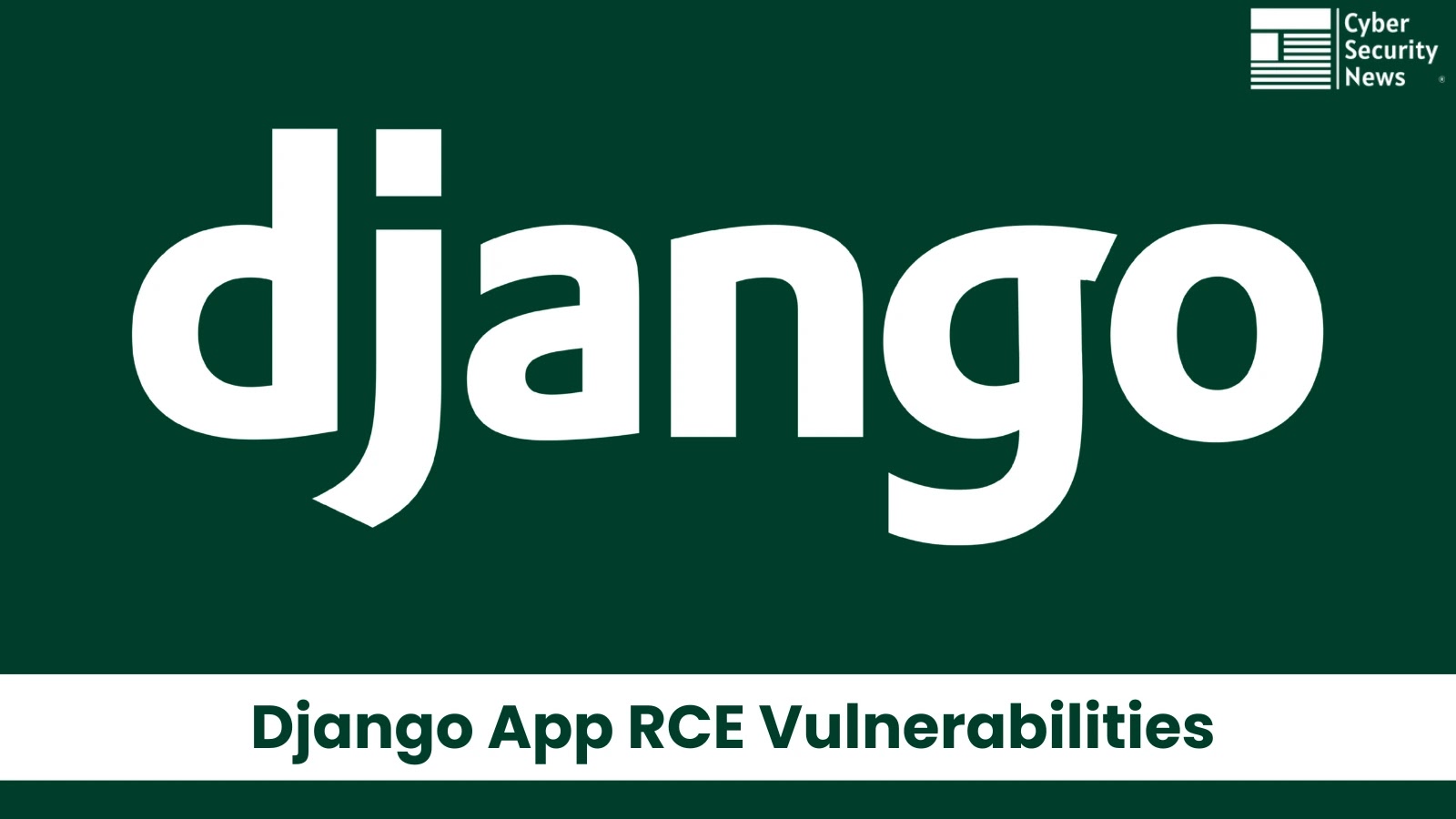Meta Taken Down 2 Million Account Linked To Cyber Crime Activities
Meta has announced the removal of over 2 million accounts linked to cyber crime activities, particularly focusing on schemes like ‘pig butchering.’
This initiative is part of Meta’s broader strategy to combat cross-border criminal organizations exploiting forced labor in scam compounds.
The company aims to enhance industry defenses by sharing insights and strategies, thereby protecting individuals from these sophisticated scams.
‘Pig butchering’ is a notorious scam where fraudsters build trust with victims online, only to manipulate them into investing more money into fraudulent schemes, often involving cryptocurrencies.
These scams, which emerged prominently during the COVID-19 pandemic, are largely orchestrated by organized crime groups in the Asia Pacific region.
Cybersecurity experts at Meta discovered that the victims are lured through job postings and then coerced into working as scammers under threat of physical harm.
The scale of this operation is massive, with estimates suggesting that around 300,000 people are forced into such scams globally, resulting in losses of approximately $64 billion annually by the end of 2023.
Leveraging 2024 MITRE ATT&CK Results for SME & MSP Cybersecurity Leaders – Attend Free Webinar
Meta’s Strategy Against Scam Compounds
Over the past two years, Meta has intensified efforts to disrupt these scam centers, initially focusing on regions like Cambodia and later expanding to Laos, Myanmar, and the United Arab Emirates.
The company’s Dangerous Organizations and Individuals (DOI) policy plays a crucial role in this fight. By designating these criminal groups as DOIs, Meta can enforce bans and utilize various tools to dismantle their operations.
Meta’s investigative teams are vigilant in monitoring these groups for attempts to bypass enforcement measures.
This year alone, they have dismantled over two million accounts associated with scam centers across multiple countries. The company continuously updates its detection systems to identify and block malicious activities effectively.
.webp)
Recognizing the persistent and resourceful nature of these criminal organizations, Meta emphasizes collaboration with law enforcement agencies worldwide.
This partnership aims to share insights into scam operations and aid in protecting communities. For instance, Meta has worked closely with the Royal Thai Police to disrupt scam centers.
In addition to law enforcement collaboration, Meta engages with industry peers to share threat information. This cooperative approach has led to the disruption of new scam compounds targeting different linguistic groups.
Furthermore, Meta summoned a Summit on Countering Online Criminal Scam Syndicates as part of the Tech Against Scams Coalition. This coalition includes major tech companies and financial institutions working together to tackle this transnational threat.
Beyond disrupting scam centers, Meta is committed to rolling out new product features aimed at safeguarding users from known scam tactics.
For example, Messenger and Instagram now provide warnings about suspicious interactions, while WhatsApp offers context cards for group chats initiated by unknown contacts.
Through these comprehensive efforts spanning policy enforcement, collaboration with external partners, and technological innovations Meta is leading the charge against cybercrime, striving to create a safer digital environment for users worldwide.
Analyze cyber threats with ANYRUN's powerful sandbox. Black Friday Deals : Get up to 3 Free Licenses.
Source link






